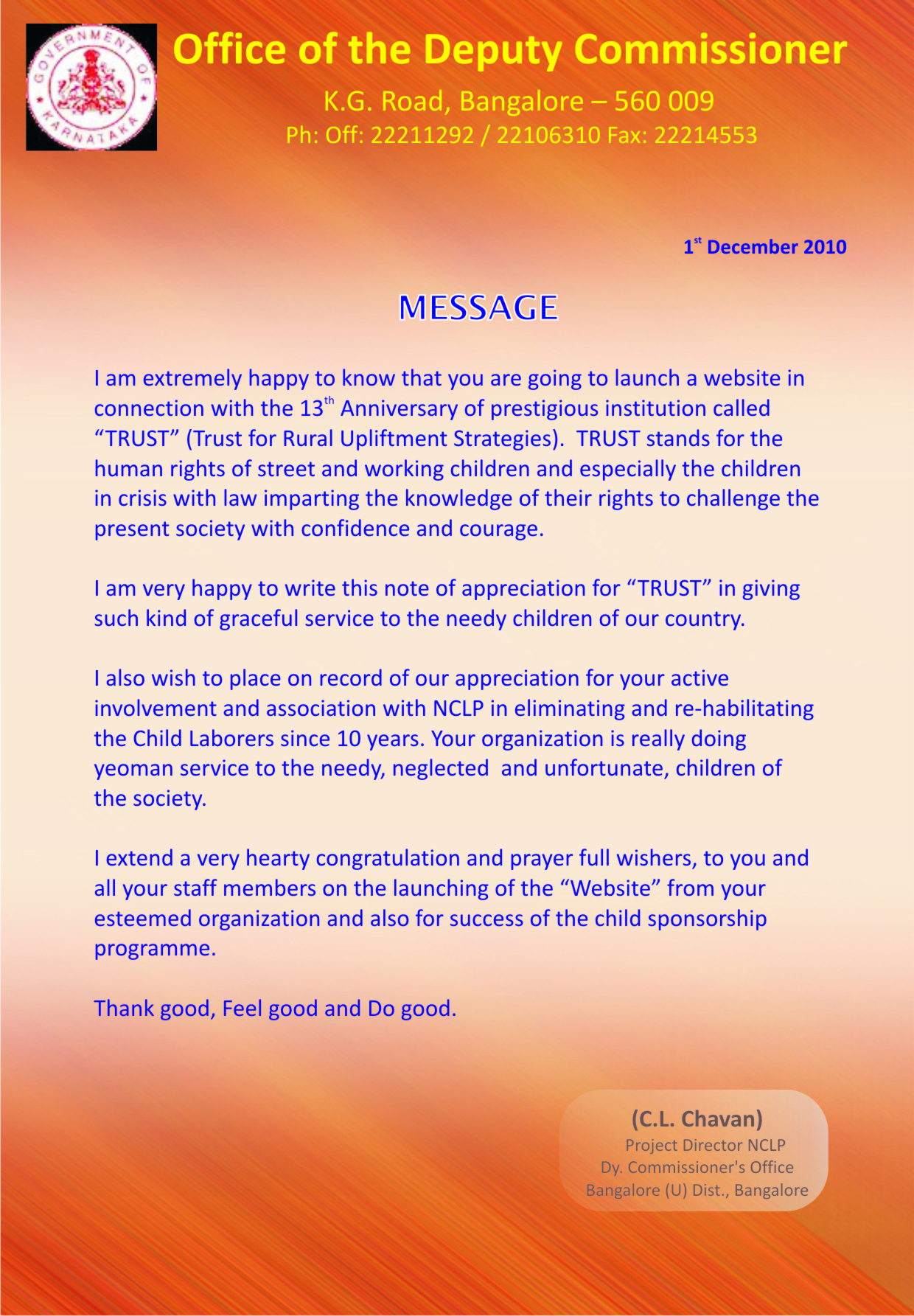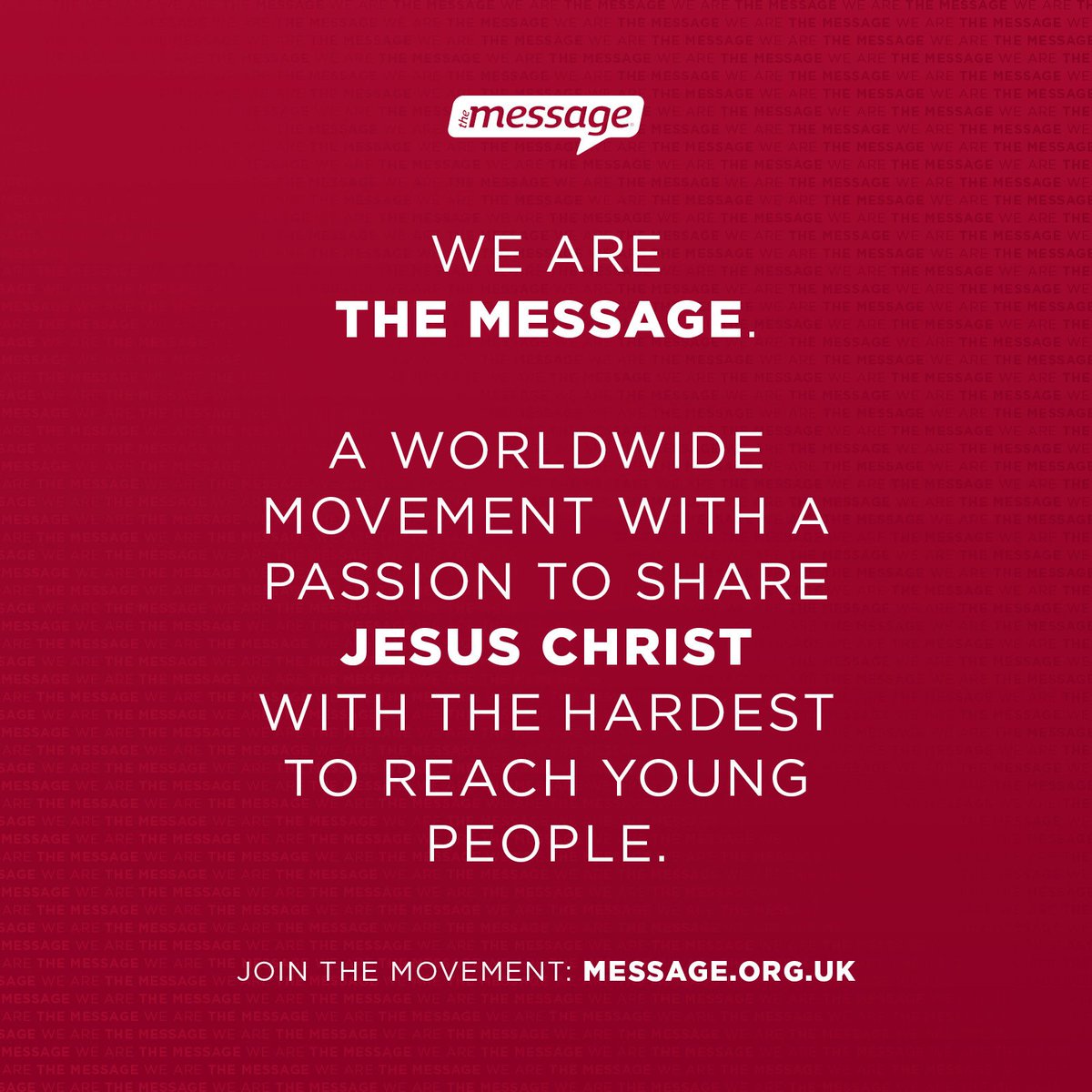Unlocking The Power Of Trust Messages: The Secret To Building Strong Connections
Let me tell you something, folks. In this fast-paced world we're living in, trust messages have become more important than ever. You can't just throw a bunch of words at people and expect them to stick around. Nope. People want authenticity, they want honesty, and they want to feel like they're dealing with real humans. And that's where trust messages come in, playing a massive role in creating those genuine connections. Now, let's dive deeper into why trust messages matter so much.
Think about it. How many times have you walked away from a conversation or interaction feeling like something was off? Like the person on the other end wasn't being straight with you? That's because trust is the foundation of every relationship—personal or professional. And trust messages are the building blocks that make that foundation strong. They're the little signals we send out, whether consciously or unconsciously, that say, "Hey, you can count on me." And let me tell you, when done right, they can work wonders.
But here's the thing. Crafting effective trust messages isn't as simple as it sounds. It's not about slapping a few nice words together and calling it a day. No sir. It's about understanding what people need, what they're looking for, and delivering that in a way that resonates with them. So, if you're ready to learn how to create trust messages that truly connect, stick around because we're about to break it all down.
- Bolly4you Your Ultimate Destination For Bollywood Entertainment
- George Brett Wives A Journey Through Love Legacy And Baseball
What Exactly Are Trust Messages?
Alright, let's get down to brass tacks. Trust messages are those little nuggets of communication that help establish and maintain trust between individuals or entities. They can take many forms—words, actions, gestures, you name it—but their purpose is always the same: to show that you're reliable, honest, and worthy of someone's trust. And in a world where misinformation and insincerity run rampant, these messages are like gold.
For instance, when a company says, "We value your privacy," that's a trust message. When a friend tells you, "I've got your back," that's another one. These messages aren't just fluff; they're promises that, when kept, build lasting relationships. And in today's competitive landscape, whether you're a business trying to win customers or an individual trying to build a network, trust messages can be the difference between success and failure.
Why Trust Messages Matter in Today's World
In the digital age, where interactions often happen through screens rather than face-to-face, trust messages have become even more crucial. With so much noise out there, it's easy for people to get lost in the shuffle. But when you send out clear, consistent trust messages, you cut through that noise and make a real impact. You let people know, "Hey, I'm here, and I'm trustworthy."
- Who Is The Rocks Twin Brother Unveiling The Mystery Behind Dwayne Johnsons Sibling
- Kardea Brown Wedding Dress A Whirlwind Of Southern Charm And Timeless Elegance
And let's not forget the role trust messages play in online transactions. Whether you're buying a product or signing up for a service, you want to know that you're dealing with a trustworthy entity. That's why businesses invest so much time and effort into crafting trust messages that reassure customers they're making the right choice. Because at the end of the day, trust is what keeps people coming back.
Key Elements of a Powerful Trust Message
Now that we understand what trust messages are and why they matter, let's talk about what makes them powerful. There are a few key elements that every effective trust message should have. First and foremost, authenticity. People can spot fake like a mile away. So, if your trust message doesn't ring true, it's not going to work. It has to come from a place of genuine intent.
Next up is clarity. Your message needs to be crystal clear. No beating around the bush, no hidden agendas. Just straightforward communication that leaves no room for misinterpretation. And finally, consistency. Trust messages need to be reinforced over time. You can't send one out and then forget about it. It has to be part of your ongoing communication strategy.
Authenticity: The Heart of Trust Messages
Let's focus on authenticity for a moment because it's such a crucial element. Being authentic means being real. It means showing your true colors and not trying to be something you're not. When you're authentic in your trust messages, people can sense it. They can feel that you're being honest with them, and that builds trust faster than anything else.
For example, if you're a business owner and you make a mistake, don't try to cover it up. Own up to it, apologize sincerely, and explain how you're going to fix it. That kind of transparency goes a long way in building trust. Because let's face it, nobody's perfect. But when you're honest about your imperfections, people respect you for it.
How to Craft Effective Trust Messages
Alright, so you know what trust messages are and what makes them powerful. But how do you actually craft them? Well, it's not rocket science, but it does require some thought and planning. First, you need to know your audience. What are their needs? What are their concerns? Once you have a clear understanding of who you're communicating with, you can tailor your trust messages to address those specific issues.
Then, you need to choose the right medium. Are you going to use email, social media, in-person communication, or a combination of all three? Each medium has its own nuances, so it's important to adapt your message accordingly. And don't forget to keep it simple. The best trust messages are often the simplest ones. They don't try to overcomplicate things; they just get straight to the point.
Choosing the Right Medium for Your Trust Messages
Speaking of mediums, let's talk about why this is so important. Different platforms offer different opportunities for connection. For example, social media is great for reaching a wide audience quickly. But it can also be a bit noisy, so you need to make sure your trust messages stand out. On the other hand, email allows for more personal, one-on-one communication, which can be incredibly effective for building trust.
And then there's in-person communication, which is still one of the most powerful ways to build trust. There's something about face-to-face interaction that just can't be replicated online. So, if you have the opportunity to meet someone in person, don't pass it up. Use that time to send out those trust messages loud and clear.
Common Mistakes to Avoid in Trust Messaging
Now, let's talk about some common mistakes people make when it comes to trust messaging. One of the biggest is being inconsistent. If you send out a trust message one day and then do something completely contradictory the next, you're going to confuse people. And confusion leads to a lack of trust. So, whatever you do, make sure your actions align with your words.
Another mistake is being too vague. Remember, clarity is key. If your trust message is all over the place, people aren't going to know what to believe. They need to know exactly where they stand with you. And finally, don't overpromise. It's tempting to make big promises to win someone over, but if you can't deliver on those promises, you're going to lose their trust faster than you gained it.
Consistency: The Key to Sustaining Trust
Let's zoom in on consistency for a moment because it's such a vital component of trust messaging. Consistency is all about reliability. When people know they can count on you to be the same person or entity day in and day out, they're more likely to trust you. It's like having a friend who's always there for you, no matter what. That kind of consistency breeds trust.
And consistency isn't just about your words. It's about your actions, too. If you say you're going to do something, do it. If you promise to be somewhere, be there. It's those little things that add up over time to create a strong, trustworthy reputation. So, whatever you do, don't let your guard down. Keep those trust messages coming consistently, and you'll be amazed at the results.
The Impact of Trust Messages on Business Success
Now, let's shift gears a little and talk about how trust messages can impact business success. In today's market, where competition is fierce, trust is one of the most valuable assets a business can have. When customers trust a brand, they're more likely to make repeat purchases, recommend the brand to others, and even forgive the occasional mistake. That's the power of trust.
And it's not just about customer trust. Employee trust is equally important. When employees trust their employer, they're more engaged, more productive, and more likely to stick around. So, whether you're communicating with customers or employees, trust messages can play a pivotal role in your overall success.
Measuring the Effectiveness of Trust Messages
But how do you know if your trust messages are working? That's where measurement comes in. There are several ways to gauge the effectiveness of your trust messages. One of the simplest is to look at customer feedback. Are people responding positively to your messages? Are they taking the actions you want them to take? If so, you're on the right track.
You can also use surveys and polls to get more detailed feedback. Ask your audience what they think about your trust messages. Do they find them credible? Do they feel like they can trust you? And don't forget to track your metrics. Whether it's website traffic, social media engagement, or sales figures, these numbers can tell you a lot about how well your trust messages are resonating.
Building Trust Messages Across Different Cultures
Now, let's talk about something a little more complex: building trust messages across different cultures. In our globalized world, businesses often operate in multiple countries with diverse cultures. And what works in one culture might not work in another. So, it's important to be culturally sensitive when crafting your trust messages.
For example, in some cultures, direct communication is highly valued. In others, indirect communication is preferred. You need to understand these cultural nuances and adapt your trust messages accordingly. And don't be afraid to seek advice from people who are familiar with the culture you're trying to reach. They can offer valuable insights that can help you craft more effective trust messages.
Cultural Sensitivity: The Key to Global Trust Messaging
Cultural sensitivity is such an important part of global trust messaging. It's about respecting and understanding the differences between cultures and using that knowledge to build stronger connections. When you show that you care about someone's culture, you're sending a powerful trust message. You're saying, "I see you, I hear you, and I respect you."
And it's not just about avoiding offense. It's about creating positive, meaningful interactions that resonate with people on a personal level. When you do that, you're not just building trust; you're building relationships that can last a lifetime. So, take the time to learn about the cultures you're engaging with, and use that knowledge to craft trust messages that truly connect.
Future Trends in Trust Messaging
Finally, let's look ahead to the future of trust messaging. As technology continues to evolve, so too will the ways we communicate and build trust. Virtual reality, augmented reality, and AI are just a few of the technologies that are likely to play a big role in trust messaging in the coming years. Imagine being able to create immersive experiences that allow people to feel like they're really there with you, even when they're miles away. That's the kind of innovation that could revolutionize trust messaging.
But no matter how much technology changes, one thing will always remain constant: the need for authenticity, clarity, and consistency in trust messaging. So, as you look to the future, keep those principles in mind. Because at the end of the day, trust is still the foundation of all successful relationships.
Adapting to the Future of Trust Messaging
Adapting to the future of trust messaging means being open to change and willing to embrace new technologies. But it also means staying true to the core values that make trust messages effective. It's about finding that balance between innovation and tradition, between pushing boundaries and staying grounded. And if you can do that, you'll be well-equipped to navigate whatever the future holds.
So, there you have it, folks. Trust messages are more important than ever, and understanding how to craft and deliver them effectively can make all the difference. Whether you're a business trying to win customers or an individual trying to build meaningful connections, trust messages are the key to success. So, go out there and start sending those trust messages loud and clear. Because when it comes to trust, the sooner you start building it, the better off you'll be.
Conclusion: Taking Action on Trust Messages
As we wrap up this deep dive into trust messages, let's recap some of the key points we've covered. Trust messages are the building blocks of strong relationships. They need to be authentic, clear, and consistent to be effective. And they play a crucial role in both personal and professional success. But most importantly, trust messages are about creating genuine connections that last.
So, what can you do next? Start by evaluating your current trust messages. Are they hitting the mark? Are they resonating with your audience? If not, it's time to make some adjustments. And don't forget to keep learning and adapting as the world of communication continues to evolve.
- Shanin Blake Leaks The Untold Story Facts And Revelations
- Tyler Childers Siblings A Deep Dive Into Family Ties And Hidden Stories

TRUSTMESSAGE TRUST

The Message Trust (MessageTrust) Twitter

The Message Trust (MessageTrust) Twitter